Croutons are a popular addition to salads and soups, but understanding their nutritional content is essential for maintaining a healthy lifestyle. These small pieces of bread provide a delightful crunch and add an extra burst of flavor to your favorite dishes. Made from various types of bread, including whole-grain options, croutons can also offer additional fiber to support your digestive health. In this section, we will delve into the nutrition facts of croutons to help you make informed decisions about incorporating them into your diet.
- Plain croutons contain approximately 58 calories per serving.
- A single serving of croutons includes 10.4 grams of carbohydrates and less than 1 gram of fiber.
- Seasoned croutons may have slightly higher calorie and sodium content.
- Croutons are not a significant source of protein but can provide small amounts of essential nutrients.
- Individuals with wheat allergies or gluten sensitivities should avoid croutons made from gluten-containing grains.
- Those watching their sodium intake should opt for low-sodium options or make their own croutons at home.
- Moderation is key when consuming croutons, and it’s important to pay attention to portion sizes and overall nutritional goals.
Now that you have a better understanding of the nutrition facts surrounding croutons, you can make informed choices about incorporating them into your meals. Remember to consider your specific dietary needs and goals to ensure a balanced and healthy approach to your diet.
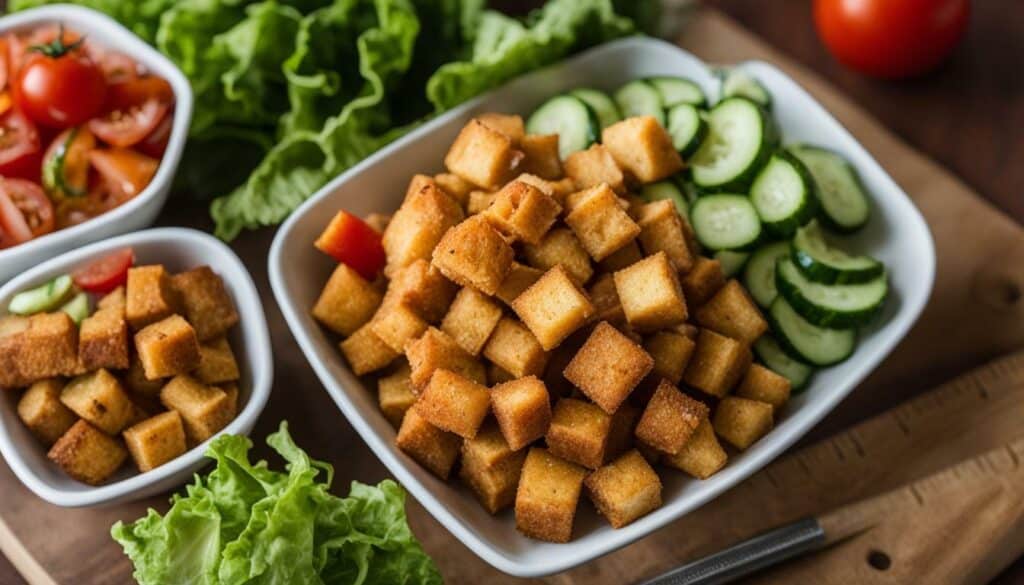
What Are Croutons and How Are They Made?
Croutons are small, crispy pieces of bread that are typically made from various types of bread, including both white and whole-grain options. They are a popular addition to salads and soups, adding texture and flavor to these dishes. Making croutons is a simple process that involves toasting or baking bread cubes until they become golden and crunchy.
To make croutons, you start with stale bread, which can be sliced or torn into bite-sized pieces. You can use any type of bread you prefer, such as baguette, sourdough, or whole wheat. White bread is commonly used due to its neutral flavor, but whole-grain bread can provide additional fiber and nutrients.
Once you have the bread cubes, you can toss them with olive oil, melted butter, or a combination of both to coat them evenly. This step not only adds flavor but also helps the croutons crisp up during baking. If desired, you can also season the bread cubes with herbs, spices, or garlic powder to enhance their taste. The seasoned bread cubes are then baked in the oven until they turn golden brown and crispy. The baking time can vary depending on the size of the bread cubes and the desired level of crunchiness.
| Ingredient | Amount |
|---|---|
| Stale bread | 4 cups, cubed |
| Olive oil | 2 tablespoons |
| Melted butter | 2 tablespoons |
| Seasonings (optional) | To taste |
By making your own croutons at home, you have control over the ingredients and can customize them to suit your taste preferences and dietary needs. Whether you prefer a classic garlic and herb flavor or something more unique like chili-lime or Parmesan, homemade croutons allow you to get creative in the kitchen while adding a delightful crunch to your favorite dishes.
Croutons Nutrition Facts
Let’s take a closer look at the nutrition facts of croutons to understand their impact on our dietary intake. Croutons are small pieces of bread that add crunch and flavor to salads and soups. They can be made from various types of bread, including whole-grain options that provide more fiber.
A serving of plain croutons contains around 58 calories, 10.4 grams of carbohydrates, and less than 1 gram of fiber. Seasoned croutons may contain slightly more calories and sodium. However, it’s important to be cautious when consuming croutons, especially for individuals with certain health conditions.
| Nutrient | Croutons |
|---|---|
| Calories | 58 |
| Carbohydrates | 10.4g |
| Fiber | <1g |
Croutons are not a significant source of protein but can provide a small amount of essential nutrients.
However, it’s important to be cautious when consuming croutons, especially for individuals with certain health conditions. Those with wheat allergies or gluten sensitivities should avoid croutons made from gluten-containing grains.
- Croutons are not a significant source of protein.
- Can provide a small amount of essential nutrients.
Additionally, croutons often contain added salt, so individuals watching their sodium intake should look for low-sodium options or make their own croutons at home. Croutons can be incorporated into various dishes, and homemade versions can be made by tossing bread cubes with olive oil or melted butter and desired seasonings before baking until crispy.
Croutons: A Tasty Addition in Moderation
Remember, moderation is key when consuming croutons, and it’s essential to pay attention to portion sizes and overall nutritional goals. To make healthier choices, opt for whole-grain croutons with less sodium or try making your own at home for ultimate control over the ingredients.
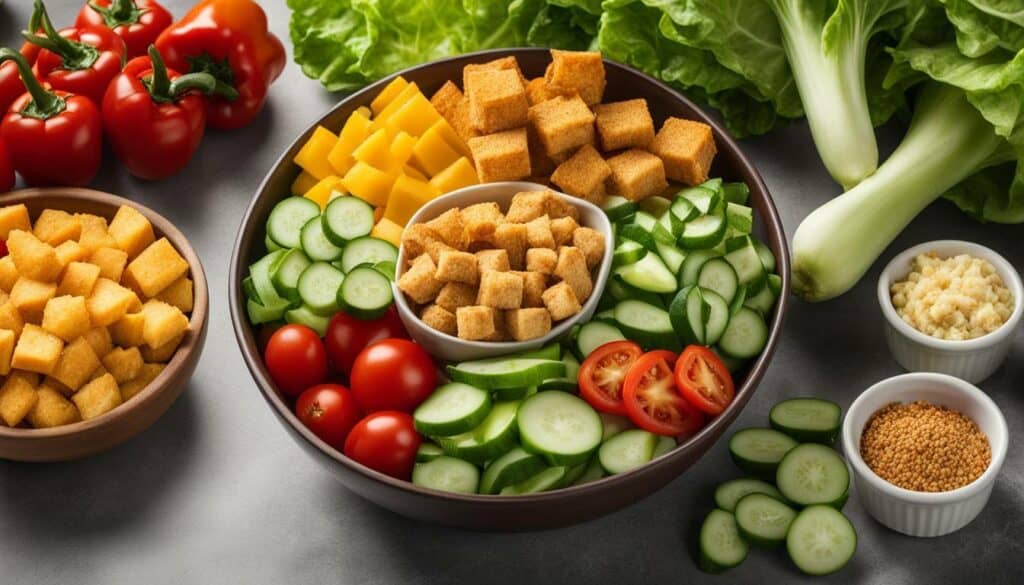
By understanding the nutrition facts of croutons, you can make informed decisions about incorporating them into your diet. Enjoy the crunch and flavor they add, but keep in mind that balance and moderation are key in maintaining a healthy lifestyle.
Calories in Croutons
Depending on the type and flavor, croutons typically contain around 58 calories per serving. These small pieces of bread add crunch and flavor to salads and soups, but it’s important to be mindful of their calorie content, especially if you are watching your overall calorie intake.
While plain croutons are relatively low in calories, it’s worth noting that seasoned varieties may contain slightly more calories and sodium. Therefore, if you are looking to reduce your calorie consumption, you may want to opt for plain croutons or consider making your own at home.
When incorporating croutons into your meals, portion control is key. It’s easy to overindulge, especially when croutons are added to dishes in large quantities. Be mindful of the serving size and consider using smaller portions to manage your calorie intake effectively.
Additionally, individuals with certain dietary restrictions or health conditions should exercise caution when consuming croutons. Those with wheat allergies or gluten sensitivities should avoid croutons made from gluten-containing grains. It’s advisable to check the ingredient list or choose gluten-free alternatives to ensure they align with your dietary needs.
Carbohydrates in Croutons
Croutons are primarily composed of carbohydrates, providing around 10.4 grams per serving. These carbohydrates come from the bread used to make the croutons. While the exact amount may vary depending on the type of bread and seasoning used, carbohydrates are a significant component of croutons.
Carbohydrates are an important source of energy for our bodies, and they play a crucial role in various bodily functions. However, it’s essential to be mindful of the type and amount of carbohydrates we consume, especially for those following specific dietary plans.
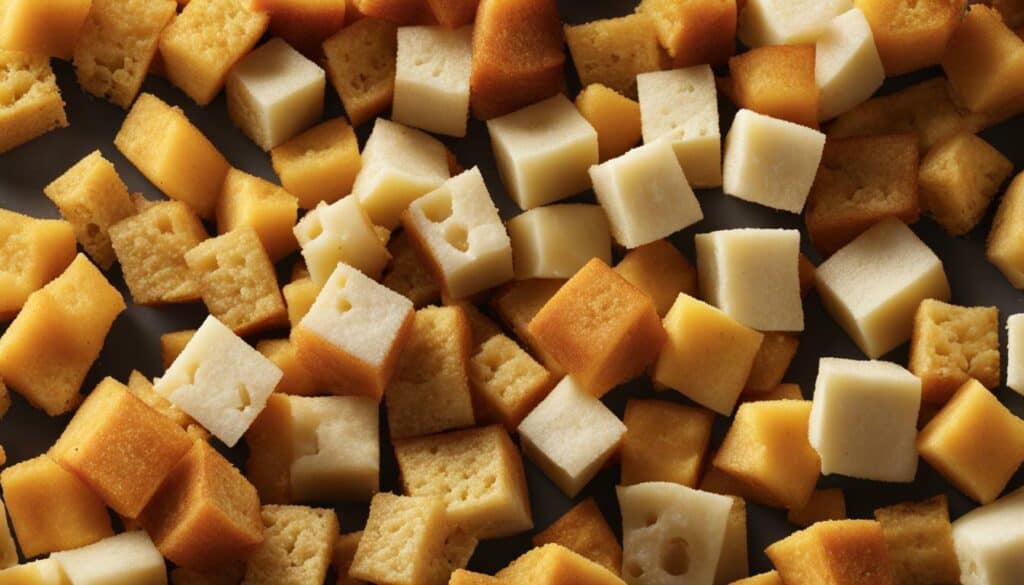
Table 1: Nutritional Values of Croutons (per serving)
| Calories | Carbohydrates | Fiber | Protein |
|---|---|---|---|
| 58 | 10.4g | <1g | 0.7g |
It’s worth noting that while croutons do provide a source of carbohydrates, they are not a significant source of fiber. Fiber is an essential nutrient that aids in digestion and helps promote overall gut health. Therefore, if you’re looking to increase your fiber intake, it may be beneficial to consider alternative sources such as whole grains, fruits, and vegetables.
When incorporating croutons into your diet, it’s important to be mindful of portion sizes and overall nutritional goals. Additionally, individuals with specific dietary needs, such as those with wheat allergies or gluten sensitivities, should opt for croutons made from gluten-free grains or consider alternative options altogether.
Conclusion
In conclusion, croutons are primarily composed of carbohydrates, providing approximately 10.4 grams per serving. They can add crunch and flavor to salads and soups, but it’s important to consume them in moderation and be mindful of their nutritional content. While they may not be a significant source of essential nutrients, they can still be enjoyed as part of a balanced diet. When making choices, consider homemade options or look for low-sodium alternatives. By paying attention to portion sizes and overall nutritional goals, you can enjoy croutons while still maintaining a healthy lifestyle.
Protein and Essential Nutrients in Croutons
While croutons are not a significant source of protein, they can still provide small amounts of essential nutrients. These crunchy bread cubes can be a tasty addition to salads and soups, but it’s important to understand their nutritional value and consider them as a part of an overall balanced diet.
Let’s take a closer look at the protein content and essential nutrients in croutons. A serving of plain croutons typically contains less than 1 gram of protein. However, they can offer some essential nutrients such as iron, calcium, and vitamin E, depending on the type of bread they are made from.
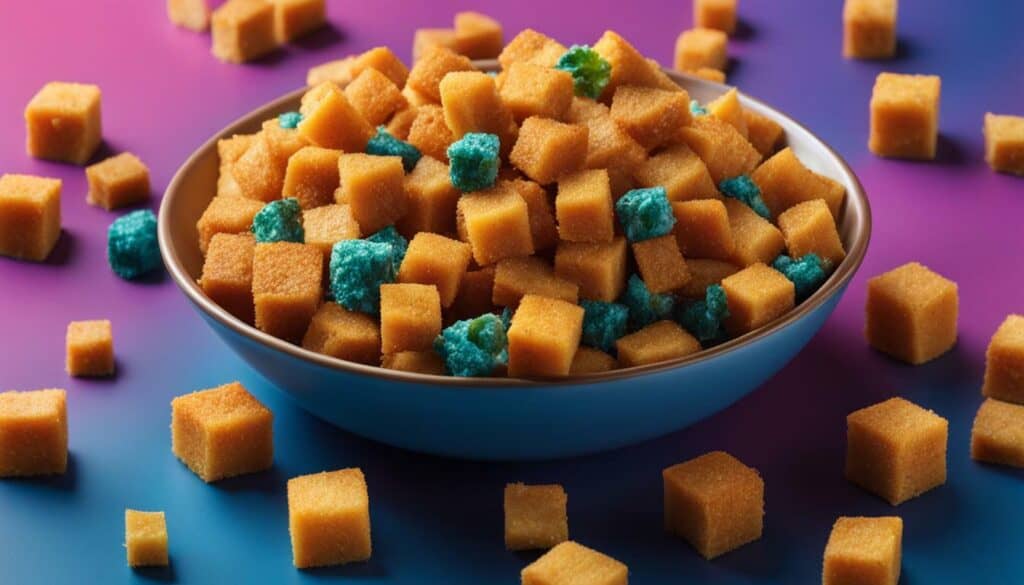
It’s worth noting that whole-grain croutons made from whole wheat bread or other whole-grain options can provide more fiber compared to those made from refined white bread. Fiber is an important component of a healthy diet as it helps support digestive health and can contribute to feelings of fullness.
While croutons may not be the most nutritious food, they can still be enjoyed in moderation as part of a well-balanced diet. If you’re concerned about the protein content or looking to enhance the nutritional value of your meals, consider incorporating other protein-rich ingredients like lean meats, beans, or tofu. Remember to pay attention to portion sizes and overall nutritional goals to ensure you’re meeting your dietary needs.
Fat Content in Croutons
Croutons generally have a low fat content, but it’s still important to be mindful of your overall fat consumption. A serving of plain croutons contains approximately 1-2 grams of fat, depending on the brand and type of bread used. This makes them a lighter alternative to other crunchy toppings like fried onions or bacon bits.
However, it’s worth noting that some seasoned or flavored croutons may contain slightly more fat due to added oils or seasonings. It’s always a good idea to check the nutrition label of the specific brand you’re considering to get an accurate understanding of its fat content.
If you’re looking to decrease your fat intake even further, you can opt for homemade croutons. Making your own allows you to control the ingredients and reduce the amount of added fat. Simply toss cubed bread with a small amount of olive oil or melted butter and your preferred seasonings, then bake until crispy. Not only will you have a healthier option, but you’ll also enjoy the aroma of freshly baked croutons in your kitchen!
Remember, moderation is key when it comes to including croutons in your diet. While they can add texture and flavor to your salads and soups, it’s important to pay attention to portion sizes. Sprinkle a reasonable amount onto your dish to avoid excessive fat and calorie consumption.
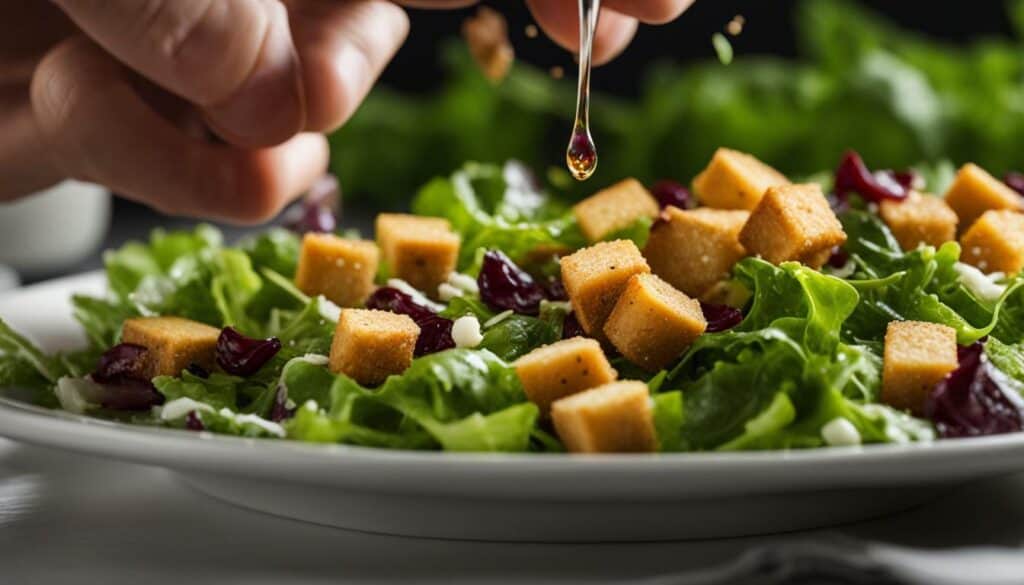
| Nutrient | Amount per Serving |
|---|---|
| Calories | Approximately 58 |
| Carbohydrates | 10.4 grams |
| Fiber | Less than 1 gram |
| Fat | 1-2 grams |
As you can see from the table above, the fat content in croutons is relatively low. However, it’s important to balance your overall fat intake with other aspects of your diet. Choosing healthier fats, such as those found in nuts, avocados, and olive oil, can help promote better heart health. Remember to consult with a healthcare professional or registered dietitian before making any significant changes to your diet.
Fiber in Croutons
Croutons typically contain less than 1 gram of fiber per serving, which is relatively low compared to other sources of dietary fiber. Fiber is an essential component of a healthy diet as it aids digestion, promotes bowel regularity, and helps maintain a feeling of fullness. While croutons may not provide a significant amount of fiber, they can still be enjoyed as part of a balanced meal.
For those looking to increase their fiber intake, incorporating other fiber-rich foods into their diet is recommended. Fruits, vegetables, whole grains, and legumes are excellent sources of dietary fiber. Adding these foods to your meals can help ensure you’re meeting your daily fiber requirements.
It’s important to note that homemade croutons made from whole-grain breads can offer a slightly higher fiber content compared to their white bread counterparts. Whole-grain breads contain all parts of the grain, including the bran, which is rich in fiber. So, if you’re looking to boost the fiber content of your croutons, consider using whole-grain bread as the base.
Fiber-Rich Foods to Include in Your Diet:
- Apples
- Broccoli
- Quinoa
- Black beans
- Chia seeds
- Oats
By incorporating a variety of fiber-rich foods into your diet, you can ensure you’re getting an adequate amount of fiber to support your overall health and well-being.
| Fiber Content in Common Foods | Fiber per 100g |
|---|---|
| Whole wheat bread | 8.5g |
| Broccoli | 2.6g |
| Black beans | 6.4g |
| Quinoa | 2.8g |
| Chia seeds | 37.7g |
| Oats | 10.6g |
Remember, while croutons may not be a significant source of fiber, they can still be enjoyed in moderation as part of a balanced diet. Pairing them with fiber-rich foods and incorporating a variety of fruits, vegetables, whole grains, and legumes into your meals will help ensure you’re meeting your fiber needs.
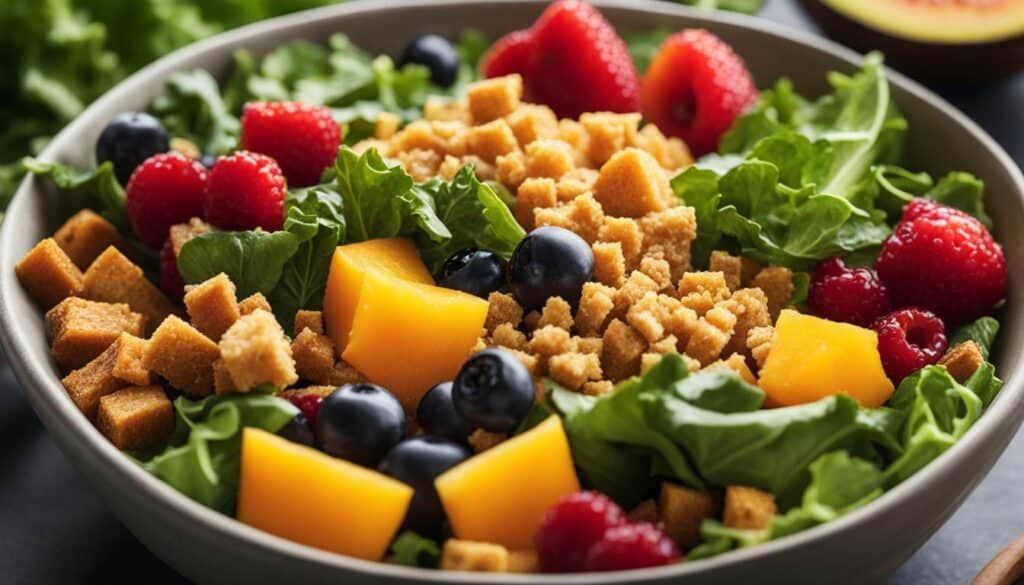
Considerations for Special Dietary Needs
It’s important to consider your specific dietary needs when incorporating croutons into your meals, especially if you have certain health conditions. Some individuals may have wheat allergies or gluten sensitivities, which means they should avoid croutons made from gluten-containing grains. These individuals can explore alternative options such as gluten-free bread or croutons made from other grains like corn or rice.
Quote: “For individuals with wheat allergies or gluten sensitivities, it’s crucial to read labels carefully and choose croutons that are specifically labeled as gluten-free,” says registered dietitian Jane Carter.
Additionally, it’s important to be mindful of the sodium content in croutons. Many store-bought croutons can be high in sodium, which can be concerning for individuals who need to watch their salt intake. For those individuals, seeking out low-sodium options or making homemade croutons with little or no added salt can be a better choice.
Table: Nutritional Values of Common Croutons
| Crouton Type | Calories | Carbohydrates (g) | Fiber (g) | Sodium (mg) |
|---|---|---|---|---|
| Plain Croutons | 58 | 10.4 | 0.8 | 123 |
| Seasoned Croutons | 60 | 11.4 | 0.9 | 145 |
| Low-Sodium Croutons | 55 | 10.2 | 0.7 | 35 |
Lastly, portion control is key when consuming croutons. While they can add flavor and texture to your dishes, it’s essential to be mindful of the serving size and not go overboard. Pay attention to the recommended portion on the packaging or consider making your own croutons at home, where you can control the ingredients and portion sizes more easily.
By considering your specific dietary needs and being mindful of portion sizes and ingredient choices, you can enjoy the crunch and flavor of croutons while still maintaining a balanced and health-conscious diet.
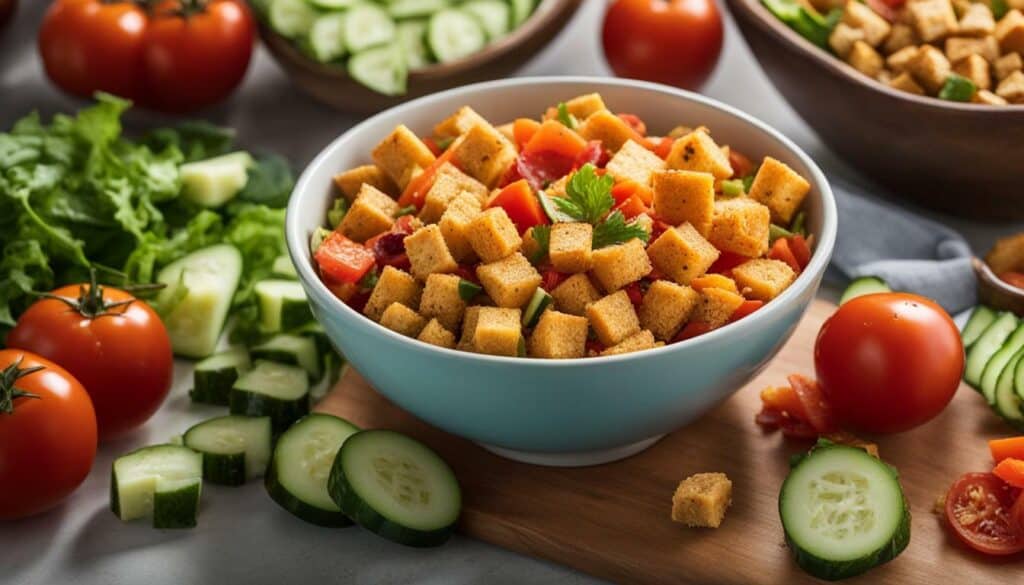
By being mindful of serving sizes and exploring homemade alternatives, you can enjoy croutons while still prioritizing your health and wellness. When it comes to portion control, it’s important to remember that a little goes a long way. Instead of loading your salads or soups with an excessive amount of croutons, try to stick to the recommended serving size, which is typically about 1/4 cup or 7 grams. This will help keep your calorie and carbohydrate intake in check.
If you’re looking to add more nutritional value to your meals, consider opting for whole-grain croutons. Whole-grain breads are made from the entire grain, which means they retain more fiber, vitamins, and minerals compared to refined grain breads. Look for labels that specify “whole grain” to ensure you’re making a healthier choice. Whole-grain croutons can provide that satisfying crunch while also adding dietary fiber to your diet, which is essential for maintaining good digestive health.
If you’re concerned about sodium intake, consider making your own croutons at home. This way, you have complete control over the ingredients, including the amount of salt. Homemade croutons can easily be made by tossing bread cubes with olive oil or melted butter, along with your favorite seasonings like garlic powder, dried herbs, or grated Parmesan cheese. Spread the seasoned bread cubes on a baking sheet and bake them in the oven until crispy. Not only will you avoid excessive sodium, but you’ll also enjoy the added freshness and flavor of homemade croutons.
| Crouton Type | Serving Size (grams) | Calories | Carbohydrates (g) | Fiber (g) |
|---|---|---|---|---|
| Plain Croutons | 7 | 58 | 10.4 | <1 |
| Seasoned Croutons | 7 | 60 | 11.1 | <1 |
| Whole-Grain Croutons | 7 | 59 | 10.3 | 1.2 |
Remember, moderation is key when it comes to enjoying croutons. While they can add flavor and texture to your meals, it’s important to pay attention to portion sizes and overall nutritional goals. By making informed choices and being mindful of your consumption, you can savor the delicious crunch of croutons without compromising your health.
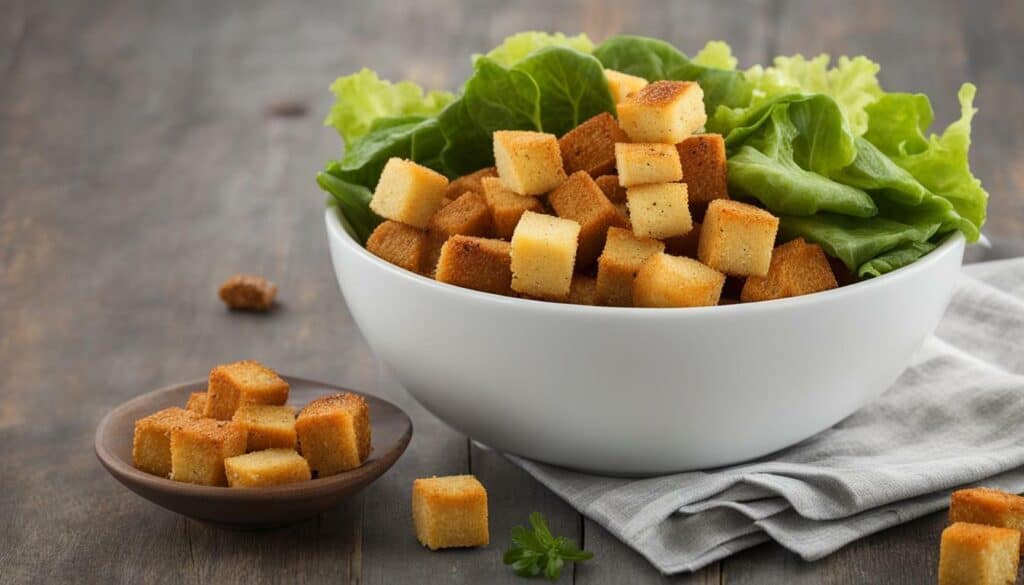
Understanding the nutrition facts of croutons can help you enhance your meals without compromising your health and wellness. Croutons are small pieces of bread that add a delightful crunch and flavor to salads and soups. They can be made from various types of bread, including whole-grain options that provide more fiber for a healthier choice.
A serving of plain croutons contains around 58 calories, 10.4 grams of carbohydrates, and less than 1 gram of fiber. However, seasoned croutons may contain slightly more calories and sodium. While croutons are not a significant source of protein, they can still provide a small amount of essential nutrients.
It’s important to be cautious when incorporating croutons into your diet, especially if you have certain health conditions. Individuals with wheat allergies or gluten sensitivities should avoid croutons made from gluten-containing grains to prevent any adverse reactions. Additionally, croutons often contain added salt, so if you’re watching your sodium intake, it’s best to look for low-sodium options or make your own croutons at home.
Croutons can be a versatile addition to various dishes, and homemade versions can be easily made by tossing bread cubes with olive oil or melted butter and desired seasonings before baking until crispy. However, moderation is key when consuming croutons. Paying attention to portion sizes and overall nutritional goals will help you enjoy the crunch and flavor of croutons while maintaining a balanced diet.
FAQ
Q: Are croutons healthy?
A: Croutons can be a crunchy and flavorful addition to salads and soups. However, it’s important to consume them in moderation and be mindful of their nutritional content.
Q: How many calories are in croutons?
A: A serving of plain croutons contains around 58 calories.
Q: Do croutons have carbohydrates?
A: Yes, croutons contain approximately 10.4 grams of carbohydrates per serving.
Q: Are croutons high in fiber?
A: No, croutons have less than 1 gram of fiber per serving.
Q: Can I eat croutons if I have a wheat allergy or gluten sensitivity?
A: Individuals with wheat allergies or gluten sensitivities should avoid croutons made from gluten-containing grains.
Q: How can I make healthier choices with croutons?
A: To make healthier choices with croutons, consider opting for whole-grain options for added fiber and watch out for added salt content. You can also make your own croutons at home using olive oil or melted butter and desired seasonings.
Q: What are the essential nutrients in croutons?
A: While croutons are not a significant source of protein or essential nutrients, they can provide a small amount of nutrients depending on the type of bread used.
Q: Are there low-sodium crouton options available?
A: Yes, individuals watching their sodium intake can look for low-sodium crouton options or make their own at home.
Q: Can I incorporate croutons into other dishes besides salads and soups?
A: Yes, croutons can be incorporated into various dishes, such as casseroles or as toppings for baked pasta dishes.
Q: What should I consider if I have special dietary needs?
A: If you have special dietary needs, such as allergies or sensitivities, it’s important to be cautious and avoid croutons that may contain ingredients you need to avoid. Be sure to read labels and check for potential allergens.
Are Biscuits a Healthy Snack Option?
If you’re wondering about biscuits nutrition facts: a healthy guide, it’s important to consider a few factors. While biscuits can be a tasty and convenient snack, they are typically high in calories, unhealthy fats, and added sugars. Opting for whole grain or low-fat varieties can provide a healthier option, but moderation is key. Pairing biscuits with nutritious accompaniments like fruits or low-fat cheese can be a balanced choice. Always read labels and make informed decisions when including biscuits in your diet.

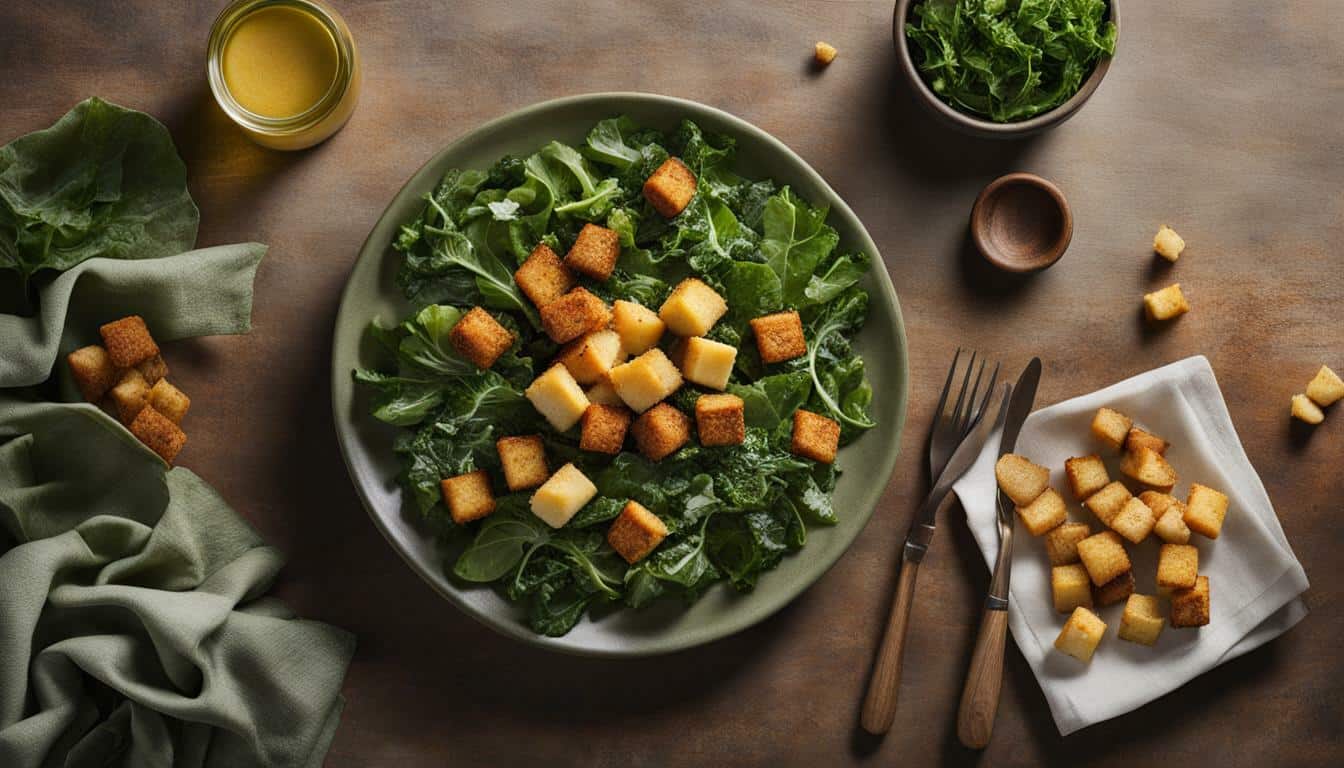
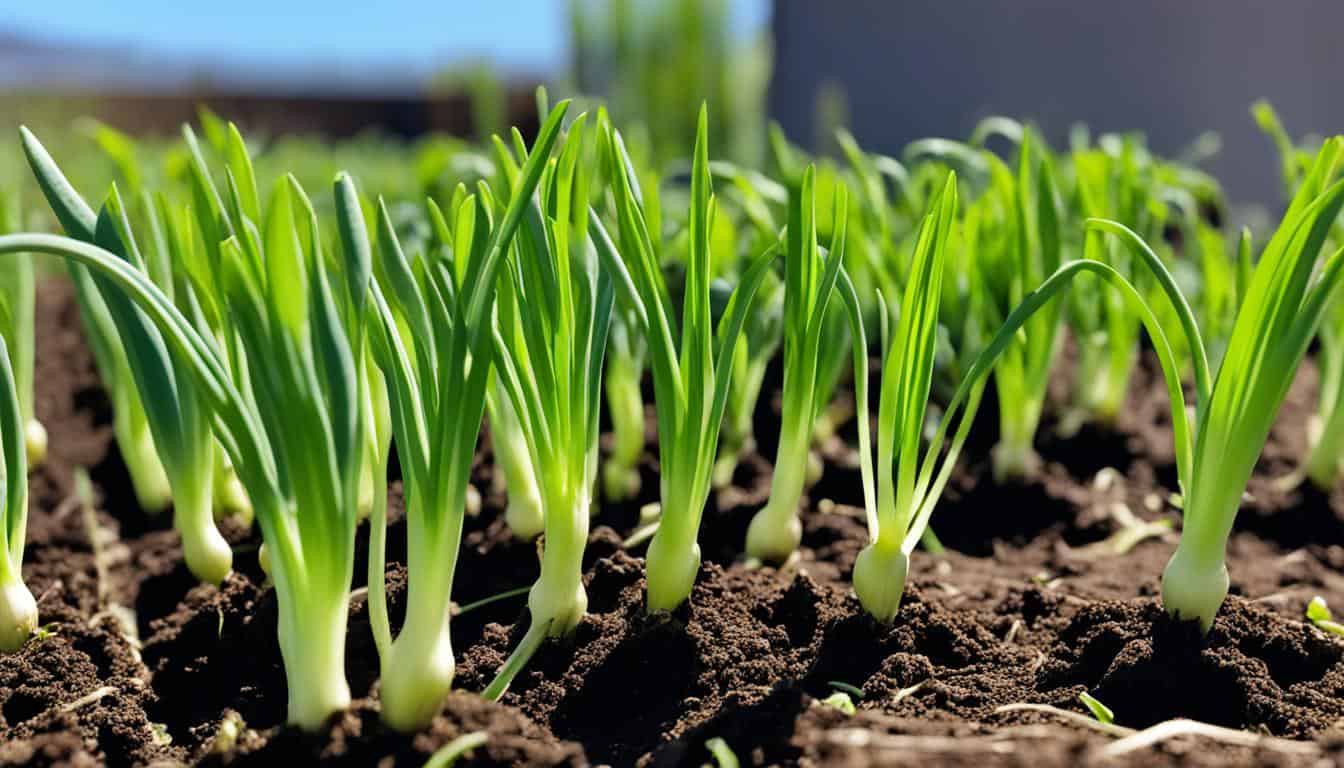
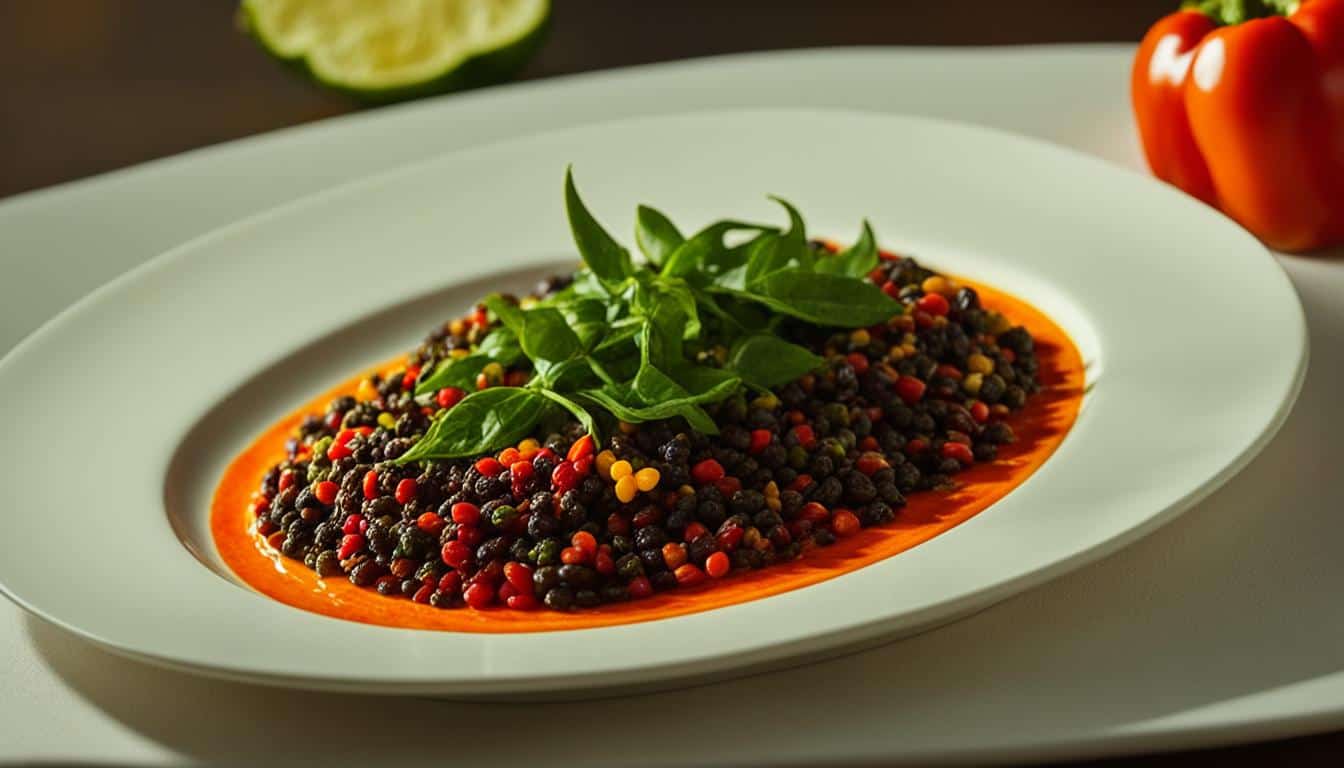
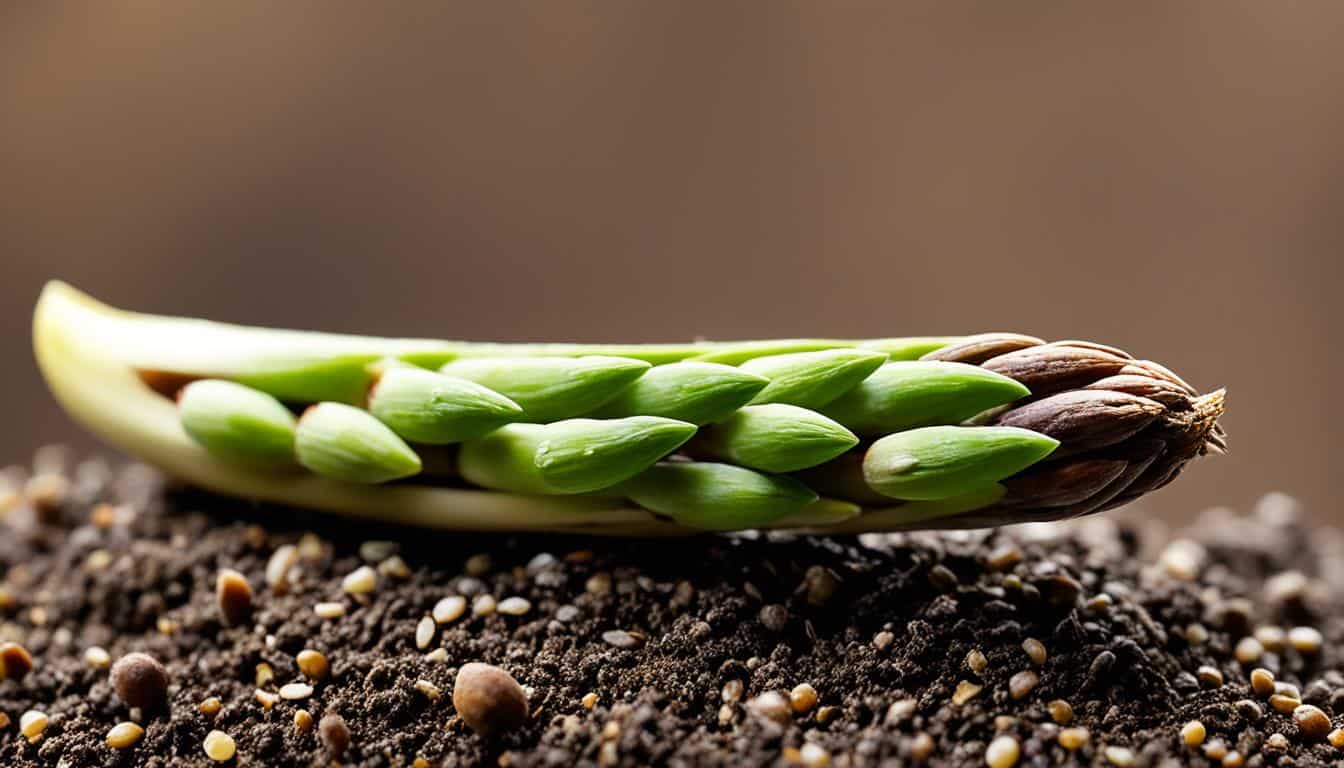
Leave a Reply